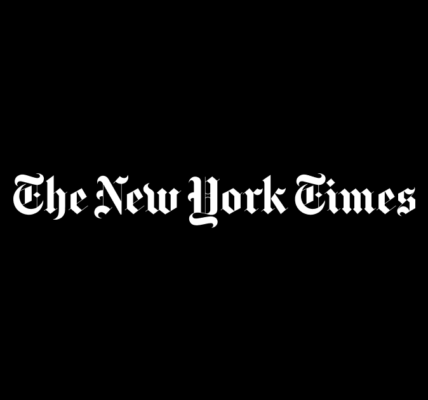The groups affected include:
— Borrowers whose loan balances have ballooned because of interest would have up to $20,000 of their interest balance canceled. The plan would waive the entire interest balance for borrowers considered “low- and middle-income” who are enrolled in the administration’s income-driven repayment plans.
The interest forgiveness would be a one-time benefit, but would be the largest relief valve in the plan. The administration estimates that of the 25 million borrowers that could see relief under this waiver, 23 million would see their entire interest balance wiped out.
— Borrowers who are eligible for, but have not yet applied for, loan forgiveness under existing programs like Public Service Loan Forgiveness or the administration’s new repayment program, called SAVE, would have their debts automatically canceled.
— Borrowers with undergraduate student debt who started repaying their loans more than 20 years ago, and graduate students who started paying their debt 25 or more years ago, would have their debts canceled.
— Borrowers who enrolled in programs or colleges that lost federal funding because they cheated or defrauded students would have their debts waived. Students who attended institutions or programs that left them with mounds of debt but bleak earning or job prospects would also be eligible for relief.
— Borrowers who are experiencing “hardship” paying back their loans because of medical or child care costs would also be eligible for some type of relief. The administration has not yet determined how these borrowers would be identified, but is considering automatic forgiveness for those at risk of defaulting.
How is this different from the last plan?
Mr. Biden initially tried to grant $400 billion in debt relief for 40 million borrowers by using the Higher Education Relief Opportunities for Students Act of 2003, or HEROES Act, which the administration argued allowed the government to waive student debt during a national emergency like the Covid-19 pandemic.
The Supreme Court blocked that move, saying that Mr. Biden had exceeded his authority.
The new plan would forgive some or all loan debt for nearly 30 million borrowers under the Higher Education Act, the federal law that regulates student loan and grant programs. By targeting specific groups of borrowers — instead of offering broad loan forgiveness — the administration believes it can act within the narrower confines of that law.
The Biden administration said lawyers for the White House and the Education Department studied last year’s Supreme Court ruling and designed the new program to make sure it did not violate the principles laid out by the justices.




